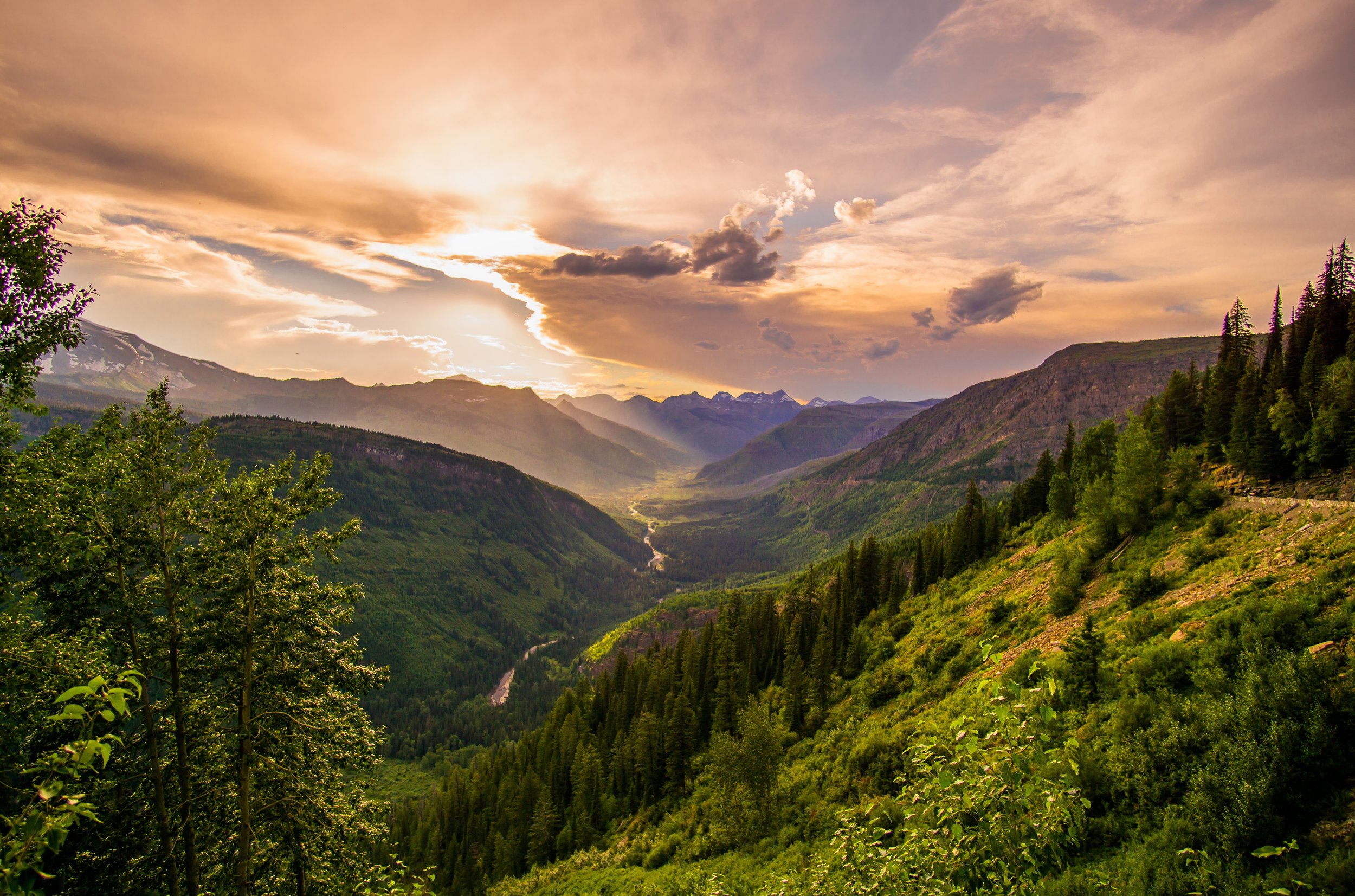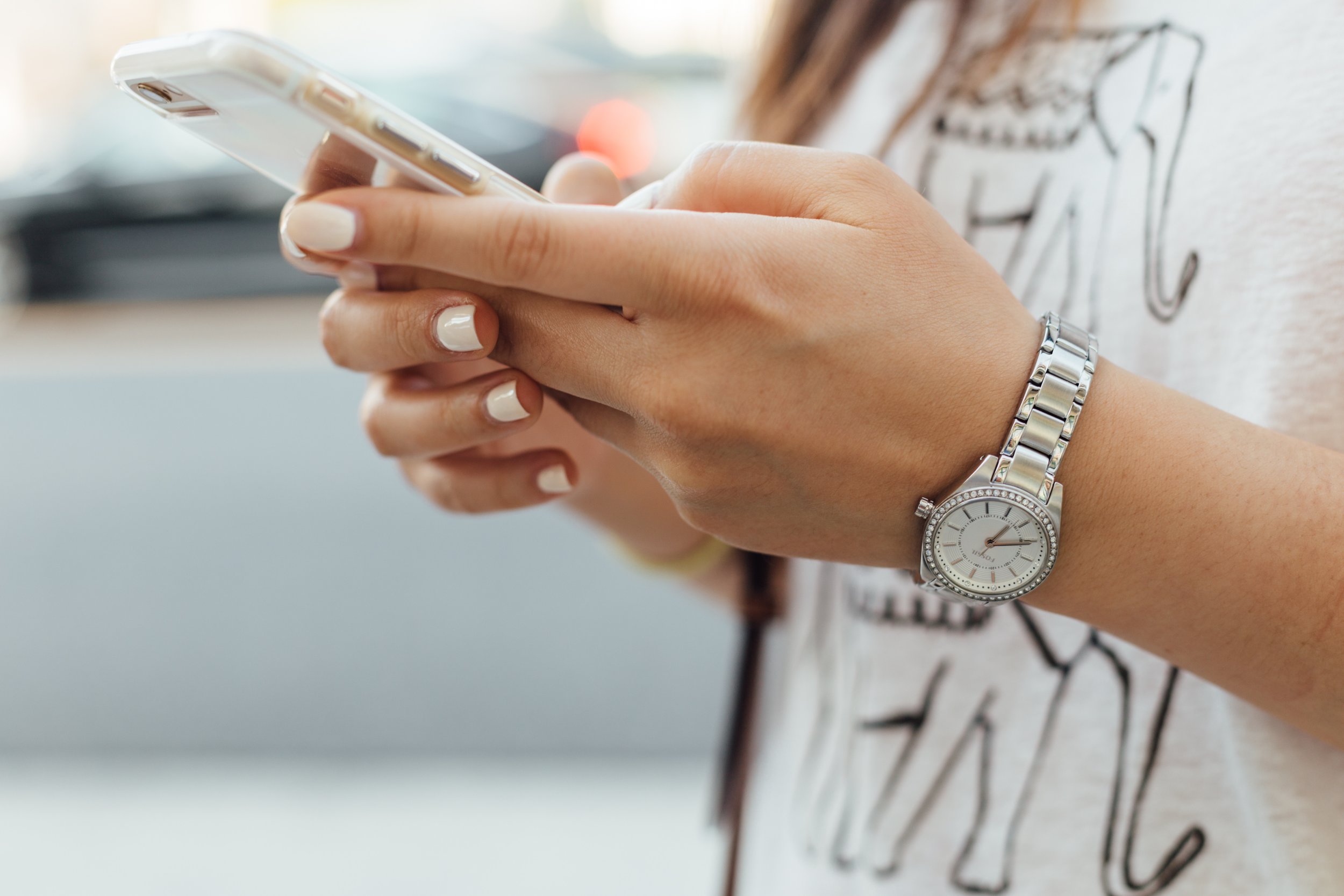5 Ways to Have More Energy, Less Stress & Greater Clarity of Mind
Do you feel like you are exhausted, resentful & constantly in a negative head-space? That you can't enjoy the things you love because you just don't feel right or have the energy?
Life never fails to provide us with challenging circumstances that can relentlessly test our sense of contentment and overall happiness. Without a way of looking at these challenges that will help us expand our point of view, it is easy to become bogged down with overwhelm, exhaustion and depression. When this happens we don't quite feel like ourselves and it becomes hard to connect with what inspires us and with other people.
If you want to feel less "Blah" please consider the following 5 ideas.
1. Acknowledge & Release Emotions
It is said in Taoist practice that as one examines, transforms and releases repressed emotion, that virtuous states of being naturally emerge. In other words, if we want to feel truly uplifted and inspired there is no other way to achieve it than through our own work in what we struggle with.
I was recently taught by one of my teachers that emotional energy that isn't worked through, accumulates in the energy of the body. Over time these repressed emotional energies turn into physical symptoms such as exhaustion.
It takes a lot of energy to hold onto emotions. Once one acknowledges and releases emotion, that energy is freed up and becomes available.
It's like trying to have a meaningful conversation with someone while there is loud distracting music on. It is hard to hear and process what the other person is saying over the melodies, rhythms, and words of the music. Once the music is turned off, there is more listening available because there is less to focus on.
It is the same thing with held-onto emotion. Once we really work through it, grow and move on, there is more energy for us to draw upon.
- Allow yourself to acknowledge the emotional content. Try to do it in a way that is non-judgemental.
- With great honesty and willingness, examine what you are attached to and what you may be trying to avoid.
- ask yourself: "is it possible to see this from another point of view"
- What self-concepts am I holding onto that are limiting my experience?
2. Being Present
“the whole path of Mindfulness is this: Whatever you are doing, be aware of it ”
The practice of being mindful and present allows us to uncover deep contentment and peace regardless of our circumstances. In the "Present Moment" there is no past or future, no thoughts, no analysis and no doing. It is a state in which we project no self-concept or effort of any kind. It is a state of complete ease and allowing.
Being present means allowing yourself to have the pure experience of what you are doing without going into thoughts. It involves minimal use of our mental-emotional energies.
The more we think and worry, the more mental energy we use. It's like when there are too many applications and windows open on the computer and it slows down and crashes. The computer's memory is taxed and can't function smooth and efficient. It is the same with the mind. When the mind is very active, there is less mental energy to pull from and we feel scattered, overwhelmed, anxious, weak and eventually exhausted.
Practicing mindfulness and being present is way easier said than done. It takes time and willingness to achieve consistent mindfulness. That said, any mindfulness is a major leap forward.
- In Whatever you are doing, can you be aware of it?
- Take a few minutes and focus on your breath
- Practice being mindful at work and while doing the mundane tasks of life.
- Be aware of when you go "off into thought" rather than keeping your focus on the experience of what you are doing.
- Be easy on yourself as you become aware of what you avoid and are attached to.
3. Forgiveness
It takes incredible amounts of energy and conscious effort to hold a grudge against someone. We don't have to accept something that has happened to us at the hands of another, but we do have to take responsibility for our reactions and what we hold onto.
The following quote from A Course in Miracles describes the effects of holding grudges through a metaphor of a jailer and his prisoner. When we have ill-will or hold grudges against another we become the jailer and the other person becomes the prisoner. A jailer or prison guard must constantly monitor a prisoner to make sure that he isn't trying to escape. He uses large amounts of his own energy to keep another imprisoned and becomes imprisoned himself in the process.
“Who could be set free while he imprisons anyone? A jailer is not free, for he is bound together with his prisoner. He must be sure that he does not escape, and so he spends his time in keeping watch on him. The bars that limit him become the world in which his jailer lives, along with him. And it is on his freedom that the way to liberty depends for both of them. ”
As we let go of our grudges and judgements about others, we will have more energy available to us to focus on the things we really love in our life.
- Is there someone in your life that you know you need to forgive and haven't done it yet?
- Taking into consideration the above quote, how much of your own energy are you using to hold grudges?
- What do you notice in your body and mind when thinking about someone who has done you wrong?
4. Time in Nature
I could put this in every blog post I ever write. If you really want to refresh and free up some energy, put some time aside to get out into nature. According to the Taoists, we live in nature and it lives in us. It is important to reconnect with the natural energies of the environment.
There is a Japanese practice called Shinrin-Yoku which means "forest bathing". It is the practice of fully experiencing nature with all of the senses to increase health and vitality. There is even scientific research to back this practice. Check it out here:
http://www.shinrin-yoku.org/shinrin-yoku.html
- What time could you put aside to get out into nature?
- When could you take a break from phones, the computer, and electronics
- Find a park near you: https://www.stateparks.com/usa.html
- How do feel when you are out in nature?
5. Less Input via Electronics & Social Media
Ok, I have to put this one in here...
If you have a smartphone, you know the endless abyss of scrolling through Facebook, Instagram or the news. Smartphones and devices offer instant access to any information we crave at any time. This can severely tax our mental energies and can encourage addictive tendencies with information.
I have personally "fasted" from social media recently and can attest to greater amounts of mental energy available to me.
- Is it possible to limit the use of social media?
- Try the practice of asking what your intention is in seeking information on the web.
- Try an information and social media fast.
- Set a timer and see how much time you really spend on social media or the news.
If you struggle with stress, overwhelm, exhaustion or depression, these above ideas are absolutely key to address. I find that patients who are willing to do the internal work have the best results. If this is something you want to work on, please know that I am here to support you.






